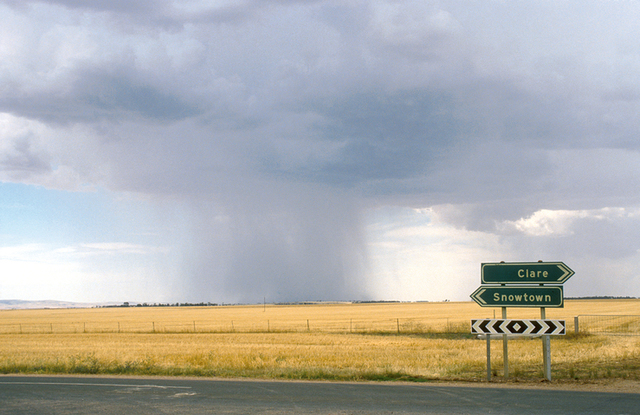Apply to become a member of GPEX. Deadline: 28 April 2024
The future of the global water cycle in general, and specifically the prediction of freshwater availability for humans around the world remain among the frontiers of climate research and are relevant to several UN Sustainable Development Goals. Especially the prediction of precipitation, which is the product of a complex integrated system, remains problematic. Improving precipitation predictions requires improved observations and modeling of all critical processes in the coupled system including land (encompassing natural and anthropogenic vegetation), ocean, snow and ice, and atmosphere. The Global Precipitation EXperiment (GPEX) will take on the challenge of improving precipitation predictions around the world, including polar and high-mountain regions. It is a new cross-World Climate Research Programme (WCRP) initiative centralized around the WCRP Years of Precipitation (YoP) and associated activities before and after.
GPEX is motivated by the recognition that, despite some progress over the past few decades (e.g., through WCRP core projects, such as GEWEX, CLIVAR, SPARC), the required improvement of precipitation predictions has been hampered by major gaps in observing, understanding, and modeling precipitation. Extreme events like floods and debris flows are often caused by extreme precipitation and projected to be exacerbated by a warmer climate. Accelerated improvements in the provision of precipitation products are needed to help emergency managers, water resource managers, and infrastructure planners better respond to and prepare for precipitation changes and mitigate their impacts on communities and ecosystems.
GPEX provides a unique opportunity to foster progress in filling gaps in observing and understanding phenomena and processes critical to precipitation and to accelerate progress in improving precipitation prediction and its applications for resilient and sustainable development by leveraging existing WCRP programs and community capabilities in satellite and ground observations, modeling and research, and conducting new and focused activities. The GPEX/YoP will include coordinated global field campaigns with an emphasis on different storm types (atmospheric rivers, mesoscale convective systems, monsoons, and tropical cyclones, among others) over different regions and for different seasons, gridded data evaluation and analysis (including identifying the need of enhancing existing global observing network), km-scale modeling, understanding of processes critical to precipitation (e.g., through field experiments and also new approaches such as feature tracking and instrument simulators), and prediction of precipitation events, including extremes as well as changes in precipitation seasonality.
GPEX will focus on the following four science questions:
- What are the sources and magnitude of uncertainties in quantitative precipitation estimates over global land and ocean, particularly in regions of vulnerable populations and limited observing capabilities, and how can we address them?
- How is precipitation produced by complex moist processes and their interactions with atmospheric dynamics and other components of the Earth system?
- What are the sources of precipitation errors in weather and climate models and how can we reduce them to improve predictions and projections of precipitation at different temporal and spatial scales?
- How can we enhance regional and local capacity building for precipitation observations, process understanding, prediction services (e.g., early warning systems), projection, and applications?
The opportunities for scientific advancement generated by GPEX activities are anticipated to attract increased interest from national and international funding agencies from around the world, and hence attract more scientists to GPEX (and hence WCRP), but this also represents the top risk (i.e., lack of new national and international funding). GPEX activities will take 8-10 years to complete through three (Pre-YoP, YoP, and Post-YoP) phases. While specific activities are briefly discussed at the end of this Science Plan, they need to be further developed in the near future.
For more information, please see the draft GPEX Science Plan (as of Nov. 2023).
WCRP Secretariat Contact: Hindumathi Palanisamy (

Photo: John Coppi (January, 1992).

